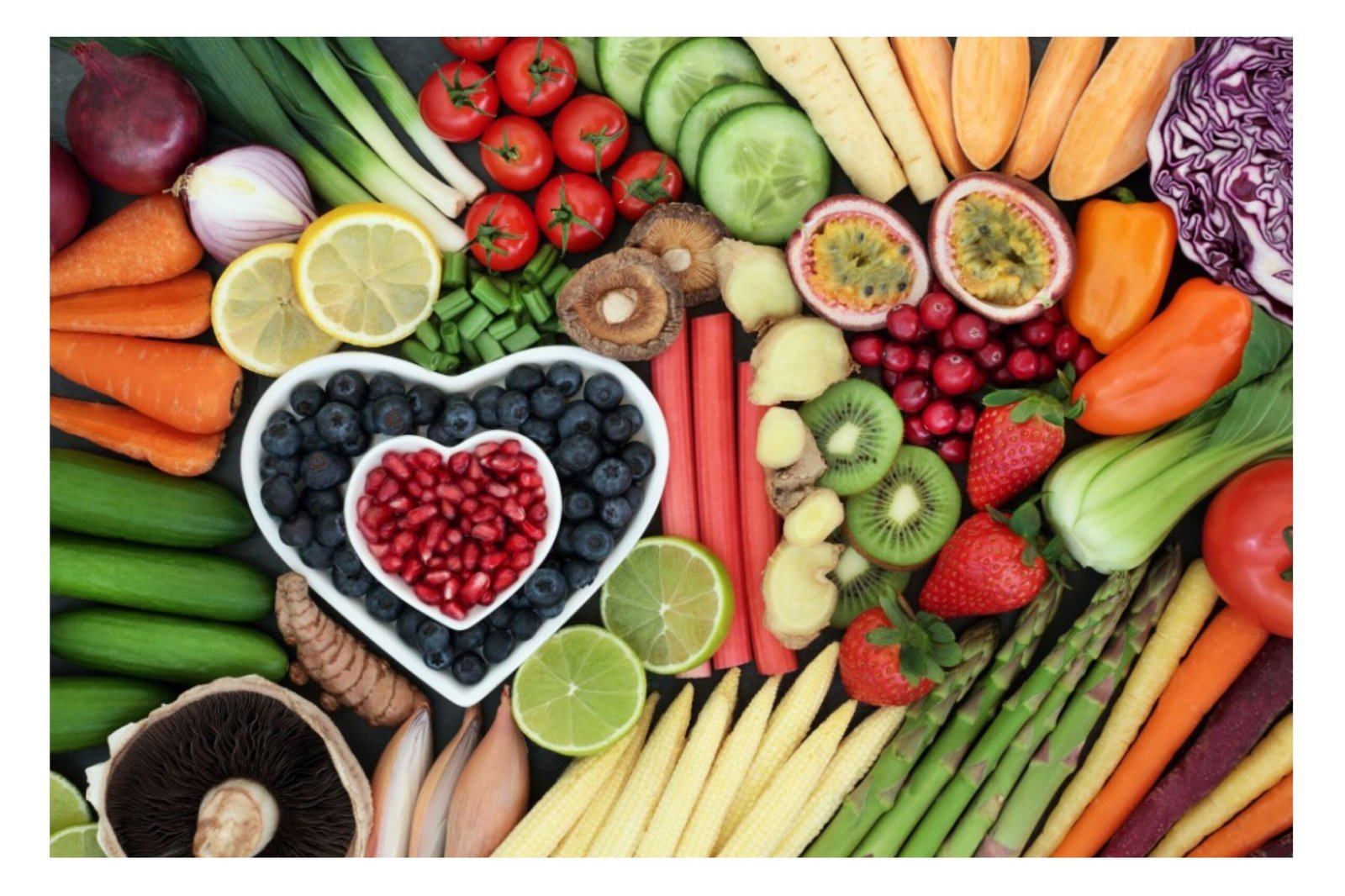If you’re worried about heart health, you’re not alone. Heart disease continues to be the leading cause of death globally, and many of us are looking for ways to protect our hearts and improve our overall well-being.
The good news is that what you eat can play a powerful role in keeping your heart healthy. By incorporating specific heart-healthy foods into your diet, you can help lower cholesterol, reduce inflammation, and maintain a stronger cardiovascular system.
In this post, we’ll dive into the top 10 heart-healthy foods that are not only delicious but also packed with nutrients to support your heart. Whether it’s for prevention or better management, these foods are easy to add to your meals and snacks. Let’s get started!
Why Heart-Healthy Foods Matter
Your diet plays a crucial role in maintaining cardiovascular health. The heart-healthy foods you choose can directly impact cholesterol levels, blood pressure, inflammation, and arterial function—all critical factors in heart disease prevention.
Nutrients like omega-3 fatty acids, fiber, antioxidants, potassium, and healthy fats can improve blood flow, reduce the risk of plaque buildup, and support overall heart function. On the flip side, diets high in processed foods, trans fats, and added sugars can significantly increase the risk of heart disease.
By focusing on a diet rich in whole, unprocessed, heart-healthy foods, you’re not only protecting your heart but also boosting your overall vitality and longevity.
The Top 10 Heart-Healthy Foods
10. Garlic
- Benefits: Garlic contains allicin, a compound that helps lower blood pressure and cholesterol levels. It also supports healthy blood flow and has anti-inflammatory properties.
- Tips: Use fresh garlic in your cooking to maximize its health benefits. Add it to sautéed vegetables, soups, or marinades for a flavorful and heart-healthy boost.
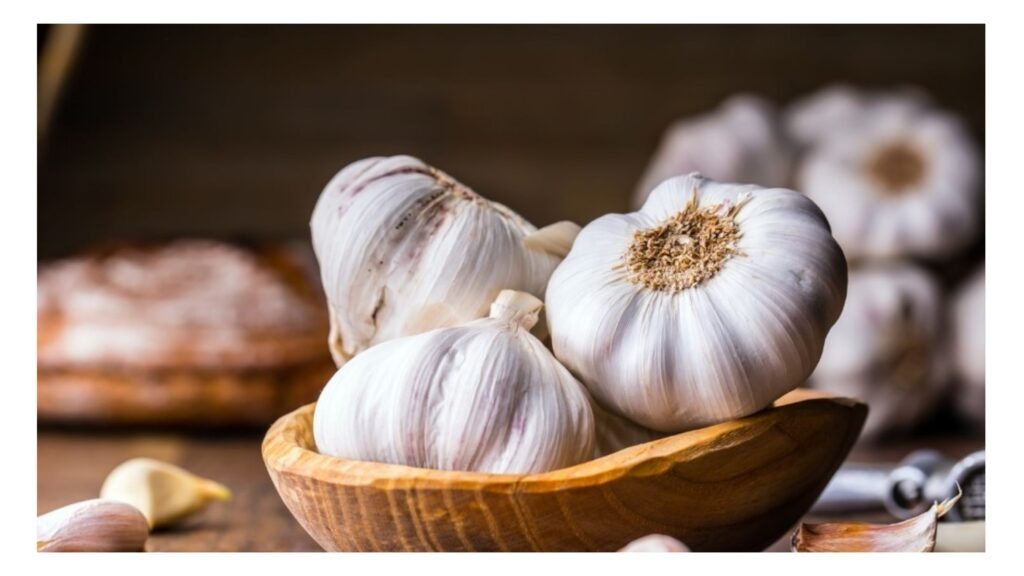
9. Dark Chocolate (70% or Higher Cocoa)
- Benefits: Dark chocolate contains flavonoids that improve heart function by reducing blood pressure and enhancing blood flow. It also has antioxidant properties that combat free radicals.
- Tips: Choose dark chocolate with at least 70% cocoa content for maximum health benefits. Enjoy a small piece as an occasional treat or add it to trail mix for a touch of sweetness.

8. Olive Oil
- Benefits: Olive oil, a staple of the Mediterranean diet, is rich in monounsaturated fats and antioxidants. It helps reduce inflammation, improve cholesterol levels, and support healthy blood vessels.
- Tips: Use high-quality extra virgin olive oil as a dressing for salads or a drizzle over roasted vegetables. Replace butter with olive oil in cooking for a healthier alternative.

7. Beans and Legumes (e.g., Lentils, Chickpeas, Black Beans)
- Benefits: Beans and legumes are high in plant-based protein, fiber, and heart-friendly nutrients. They help lower LDL cholesterol, stabilize blood sugar, and reduce inflammation.
- Tips: Add beans to soups, stews, and salads for a filling and heart-healthy protein boost. Experiment with recipes like lentil curry or chickpea hummus for delicious and versatile options.
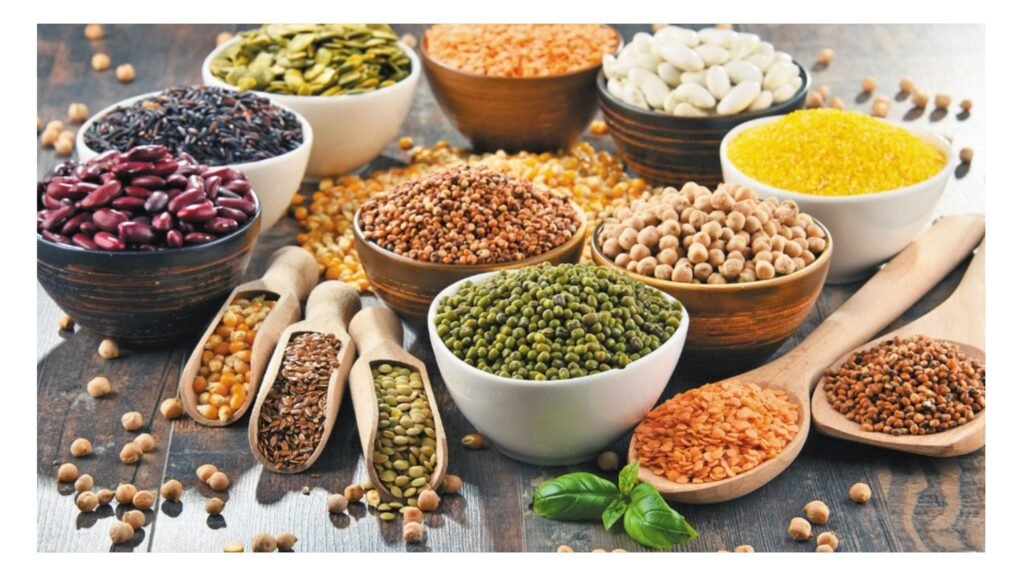
6. Avocados
- Benefits: Avocados are rich in monounsaturated fats and potassium, which help lower blood pressure and reduce the risk of heart disease. They also contain fiber and antioxidants that support overall heart health.
- Tips: Use avocado as a creamy spread on whole-grain toast, slice it into salads, or blend it into smoothies for a nutrient-dense addition to your meals.
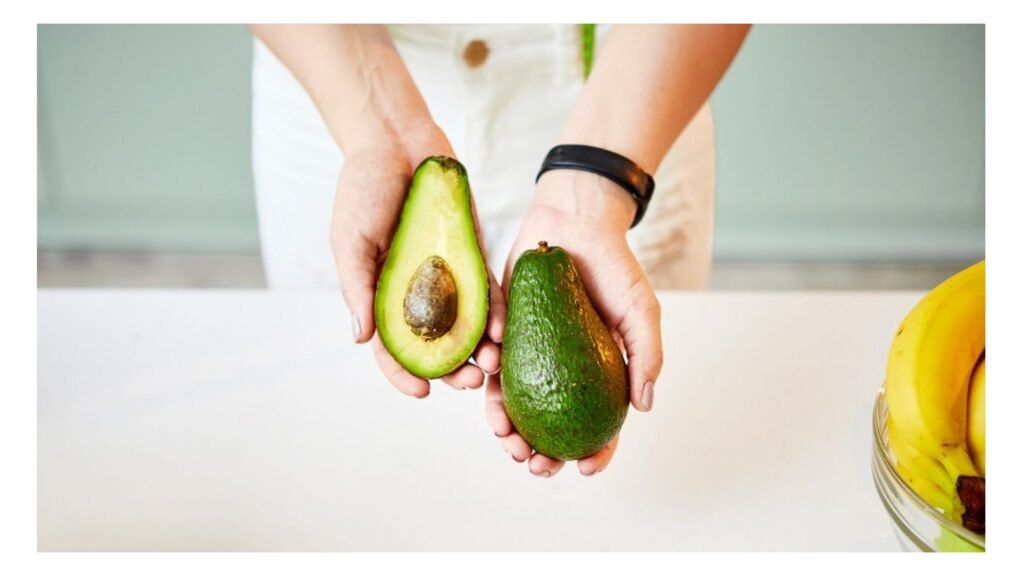
Top 10 Best Historical places in india to visit in 2025
5. Whole Grains (e.g., Oats, Brown Rice, Quinoa)
- Benefits: Whole grains are an excellent source of fiber, which helps lower cholesterol and regulate blood sugar levels. They also contain essential nutrients like B vitamins and magnesium that support heart function.
- Tips: Swap refined grains for whole-grain options like quinoa, farro, or whole-grain bread. Enjoy a bowl of oatmeal topped with fresh fruit and nuts for a heart-healthy breakfast.
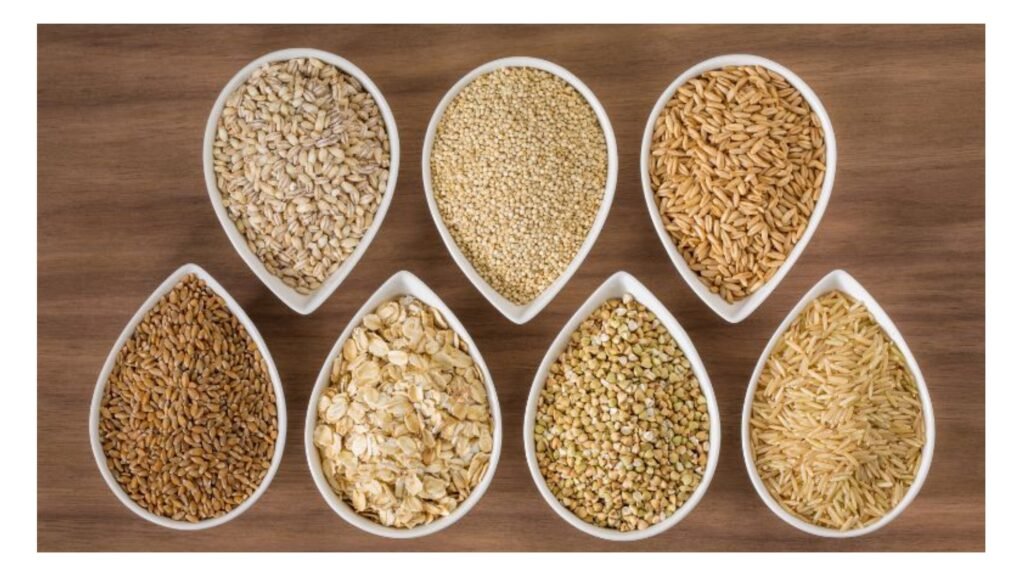
4. Leafy Greens (e.g., Spinach, Kale, Swiss Chard)
- Benefits: Leafy greens are packed with nitrates, which can improve blood vessel function and lower blood pressure. They’re also high in antioxidants, vitamins, and minerals that support overall heart health.
- Tips: Make leafy greens a staple in your meals by adding them to soups, stir-fries, or smoothies. Try sautéing spinach with garlic and olive oil for a simple, nutrient-rich side dish.
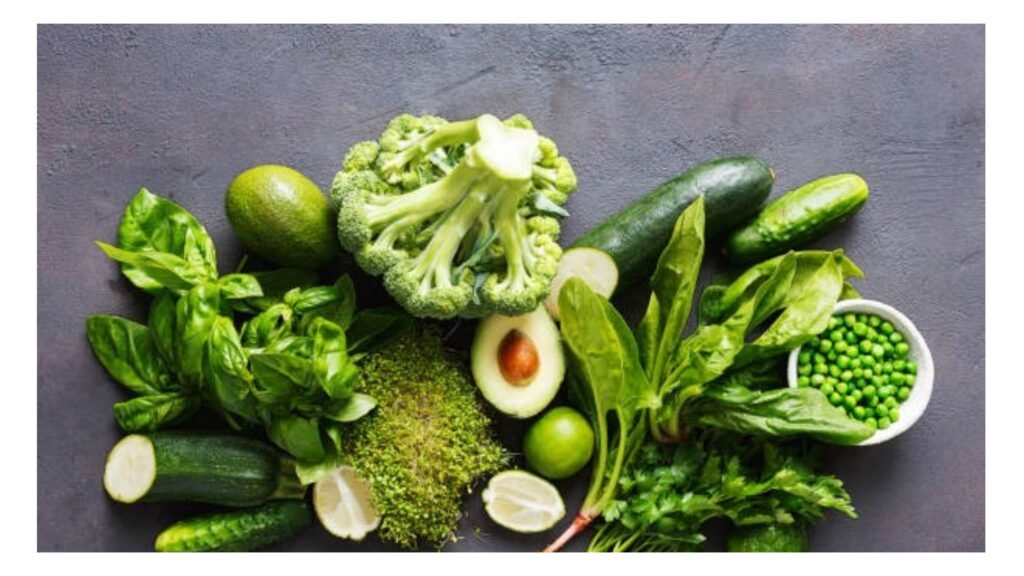
3. Nuts (e.g., Walnuts, Almonds)
- Benefits: Nuts are rich in heart-friendly nutrients, including healthy fats, fiber, and magnesium. They help reduce LDL (bad) cholesterol and improve artery health by reducing inflammation.
- Tips: Keep a small container of mixed nuts on hand for a quick and satisfying snack. Add chopped nuts to salads, grain bowls, or baked goods for an extra nutritional boost.
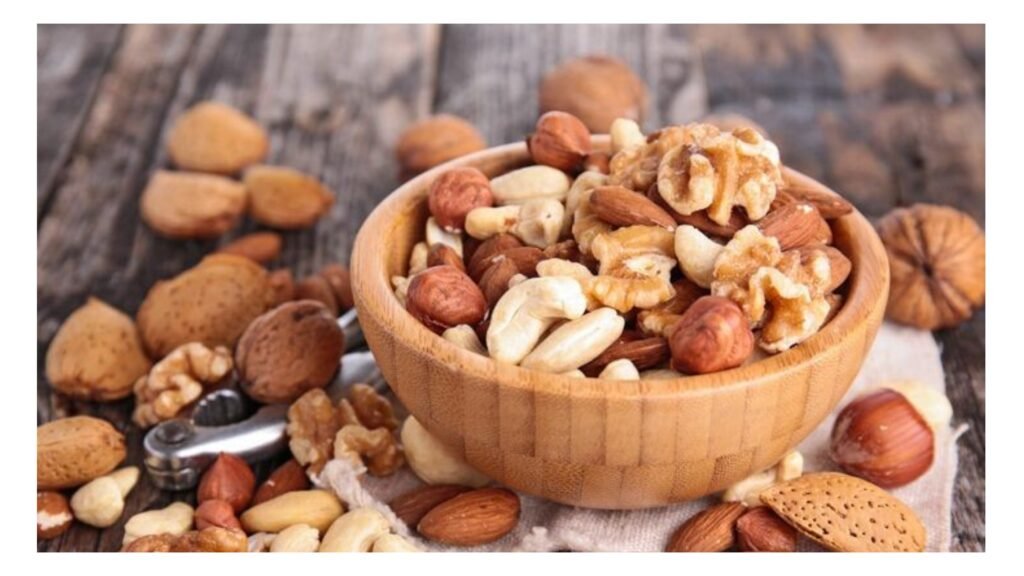
2. Berries (e.g., Blueberries, Raspberries)
- Benefits: Berries are loaded with antioxidants like anthocyanins that protect against oxidative stress and inflammation. These compounds also support healthy blood vessels and reduce blood pressure.
- Tips: Incorporate berries into your breakfast oatmeal, smoothies, or yogurt bowls for a nutrient-packed start to your day. For a refreshing treat, freeze berries for a healthy snack.
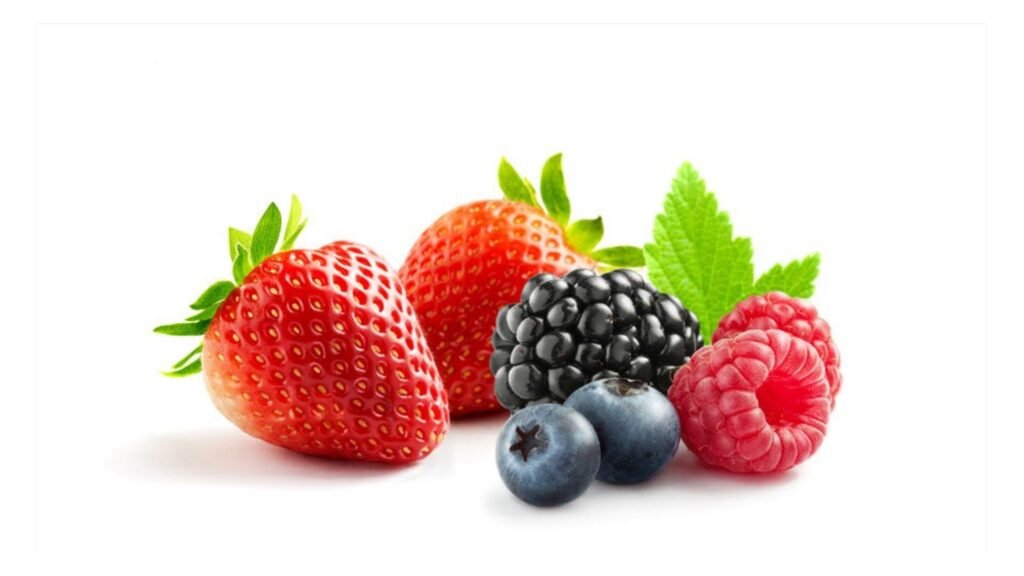
1. Fatty Fish (e.g., Salmon, Mackerel, Sardines)
- Benefits: Fatty fish are a powerhouse of omega-3 fatty acids, which are known to reduce triglycerides, lower blood pressure, and decrease the risk of irregular heart rhythms. Omega-3s also help reduce inflammation, a key factor in heart disease.
- Tips: Aim to include fatty fish in your meals at least twice a week. Grill or bake salmon with a squeeze of lemon and fresh herbs for a flavorful and heart-healthy dish.
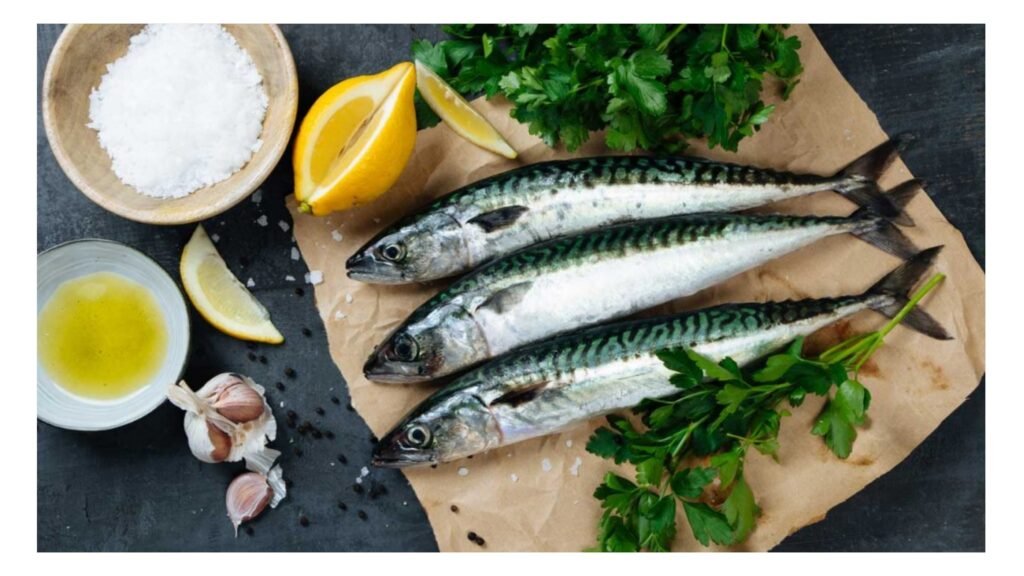
How to Make These Heart-Healthy Foods Part of Your Routine
Incorporating heart-healthy foods into your diet doesn’t have to be complicated. Here are some practical meal ideas:
- Breakfast: Start your day with a bowl of oatmeal topped with fresh berries, walnuts, and a drizzle of honey.
- Lunch: Prepare a hearty salad with leafy greens, chickpeas, avocado, and a dressing made with olive oil and lemon juice.
- Dinner: Enjoy grilled salmon with a side of quinoa and sautéed spinach. Add a clove of roasted garlic for extra flavor.
- Snacks: Snack on a handful of almonds or enjoy a small square of dark chocolate.
Focus on gradually adding these heart-healthy foods to your meals and snacks. Small, consistent changes can have a big impact on your heart health over time.
Top 10 Best Historical places in india to visit in 2025
Conclusion
Your heart health is in your hands, and the heart-healthy foods you choose can make a significant difference. By incorporating these 10 nutrient-dense, heart-friendly foods into your diet, you’ll be taking proactive steps toward a stronger, healthier heart.
Start by adding one or two of these heart-healthy foods to your meals this week. Whether it’s enjoying a berry-packed smoothie, a leafy green salad, or a piece of dark chocolate, every choice counts.
What are your favorite heart-healthy foods? Share your tips and recipes in the comments below!
FAQs
Q1. What are heart-healthy foods?
A1. Heart-healthy foods are nutrient-rich options that promote cardiovascular health by lowering bad cholesterol (LDL), reducing inflammation, regulating blood pressure, and supporting overall heart function. Examples include fatty fish, berries, leafy greens, and nuts.
Q2. How do I include more heart-healthy foods in my diet?
A2. Start small by incorporating heart-healthy foods into your daily meals. For instance, swap refined grains for whole grains, snack on nuts instead of chips, or add leafy greens to your smoothies and salads. Consistency is key.
Q3. Can heart-healthy foods reverse heart disease?
A3. While heart-healthy foods cannot fully reverse existing heart disease, they play a critical role in managing and improving heart health. A balanced diet, combined with regular exercise and a healthy lifestyle, can significantly reduce the risk of progression.
Q4. Are all fats bad for heart health?
A4. No, not all fats are bad. Healthy fats like those found in avocados, nuts, seeds, and olive oil are beneficial for heart health. These fats help lower LDL cholesterol and support overall cardiovascular function.
Q5. How often should I eat heart-healthy foods?
A5. Ideally, heart-healthy foods should be included in every meal. Aim to consume a variety of these foods daily to maximize their benefits and create a balanced diet that supports long-term heart health.

